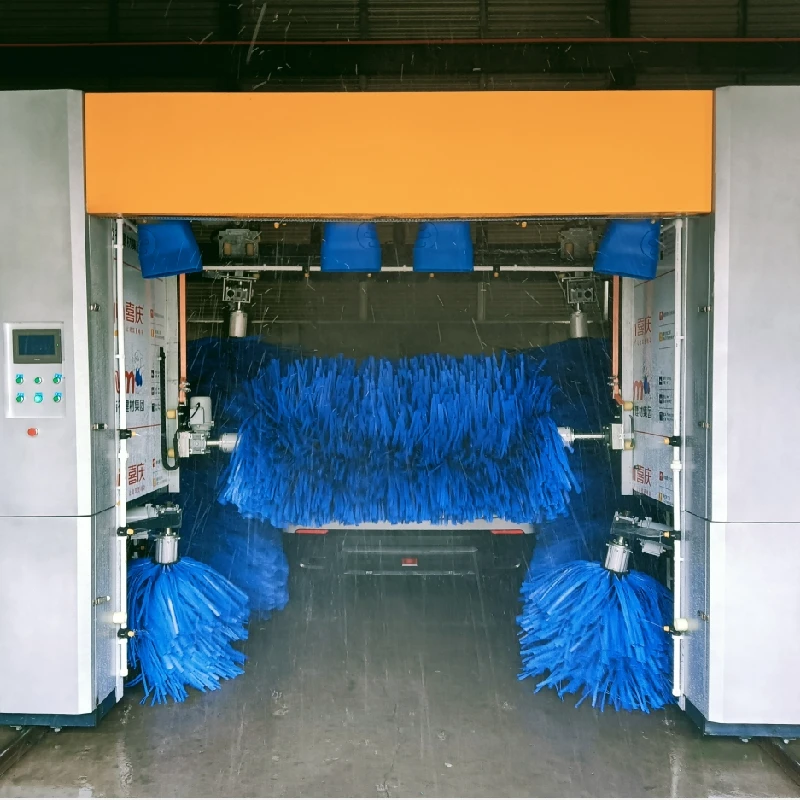
- Afrikaans
- Albanian
- Amharic
- Arabic
- Armenian
- Azerbaijani
- Basque
- Belarusian
- Bengali
- Bosnian
- Bulgarian
- Catalan
- Cebuano
- Corsican
- Croatian
- Czech
- Danish
- Dutch
- English
- Esperanto
- Estonian
- Finnish
- French
- Frisian
- Galician
- Georgian
- German
- Greek
- Gujarati
- Haitian Creole
- hausa
- hawaiian
- Hebrew
- Hindi
- Miao
- Hungarian
- Icelandic
- igbo
- Indonesian
- irish
- Italian
- Japanese
- Javanese
- Kannada
- kazakh
- Khmer
- Rwandese
- Korean
- Kurdish
- Kyrgyz
- Lao
- Latin
- Latvian
- Lithuanian
- Luxembourgish
- Macedonian
- Malgashi
- Malay
- Malayalam
- Maltese
- Maori
- Marathi
- Mongolian
- Myanmar
- Nepali
- Norwegian
- Norwegian
- Occitan
- Pashto
- Persian
- Polish
- Portuguese
- Punjabi
- Romanian
- Russian
- Samoan
- Scottish Gaelic
- Serbian
- Sesotho
- Shona
- Sindhi
- Sinhala
- Slovak
- Slovenian
- Somali
- Spanish
- Sundanese
- Swahili
- Swedish
- Tagalog
- Tajik
- Tamil
- Tatar
- Telugu
- Thai
- Turkish
- Turkmen
- Ukrainian
- Urdu
- Uighur
- Uzbek
- Vietnamese
- Welsh
- Bantu
- Yiddish
- Yoruba
car wash equipment price
The Cost of Car Wash Equipment What to Expect
Car wash businesses have gained immense popularity over the years, leading to an influx of options for potential owners and investors. However, one of the most crucial aspects to consider when starting or upgrading a car wash operation is the cost of car wash equipment. Understanding these costs can provide insight into what it takes to run a successful car wash and can help you budget effectively for your venture.
Types of Car Wash Equipment
The type of car wash equipment you need heavily influences the overall costs. There are primarily three types of car washes self-service, automatic, and full-service. Each type requires different equipment and, consequently, comes with varying price tags.
1. Self-Service Car Wash Equipment This is often the most cost-effective option for small business owners. It generally includes pressure washers, soap dispensers, and vacuum cleaners. The price for a self-service car wash bay can range from $10,000 to $30,000 depending on the complexity and technology of the installations.
2. Automatic Car Wash Equipment This type usually features conveyor systems and automated washing mechanisms. The range can vary significantly based on the brand and technology, typically costing between $100,000 to $500,000. Features like advanced water recycling systems and multiple wash cycles can push the price higher.
3. Full-Service Car Wash Equipment This includes everything from the automatic washers to detailing tools, often used in tandem to provide an extensive range of services. Total investment can easily exceed $1 million, especially if you plan to incorporate specialized equipment for detailing and interior cleaning.
Factors Influencing Prices
Several factors contribute to the varying prices of car wash equipment
- Brand and Quality High-end brands often charge more due to better durability and efficiency. Investing in well-known brands may lead to higher initial costs, but this can result in lower maintenance expenses and better performance in the long run.
- Technology Innovations in car wash technology can drive up prices. Features such as touchless washing, water-saving systems, and automated payment systems can significantly enhance efficiency but come at a premium.
car wash equipment price

- Location The geographical area affects both pricing and demand. If you're placing your car wash in a high-traffic or affluent area, the ability to offer premium services can justify a higher investment in top-tier equipment.
- Used vs. New Equipment The age and condition of the equipment are significant factors. While new systems offer the latest features, used equipment can present a cost-saving opportunity. However, it’s crucial to weigh the potential risks of more frequent repairs on older technology.
Additional Costs
In addition to the initial purchase price of the equipment, other costs need to be considered when budgeting for a car wash operation
- Installation Costs Often overlooked, the installation can come with additional costs ranging from $5,000 to $50,000, depending on the complexity of the system.
- Maintenance and Repair Like any machinery, car wash equipment can require repairs, which are important to budget for. Regular maintenance also needs to be factored in, requiring additional resources.
- Utilities Water and power costs can be significant, particularly for automatic and full-service washes. Understanding regional utility rates is essential for accurate budgeting.
- Permits and Licensing Depending on the location, obtaining the necessary permits can incur substantial fees. This is often another hidden expense that can impact your overall budget.
Conclusion
Investing in car wash equipment is both a thrilling opportunity and a significant commitment. Understanding the various types of equipment available, their price ranges, and the additional costs associated with starting a car wash business can help you make informed decisions. Whether you plan to open a self-service wash or a full-service center, careful planning and budgeting are critical for success in this competitive industry. The initial investment may seem daunting, but the potential for profit and service satisfaction can make it a worthwhile venture.
-
Integrating Aqua Tunnel Car Wash in Shopping CentersNewsJun.24,2025
-
Gas Station with an Auto Car Wash MachineNewsJun.24,2025
-
Efficiency in Your Aqua Tunnel Car Wash: Power & Water-SavingNewsJun.24,2025
-
Car Wash Business with Advanced Auto Car Cleaning MachinesNewsJun.24,2025
-
Balancing Setup Costs with Aqua Tunnel Car WashNewsJun.24,2025
-
Aqua Tunnel Car Wash: Eco-Design for the Energy-Savvy EntrepreneurNewsJun.24,2025



